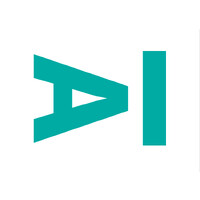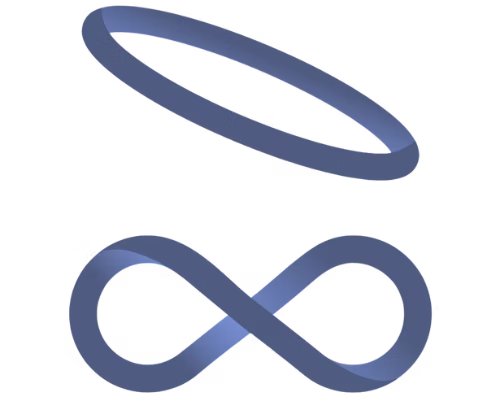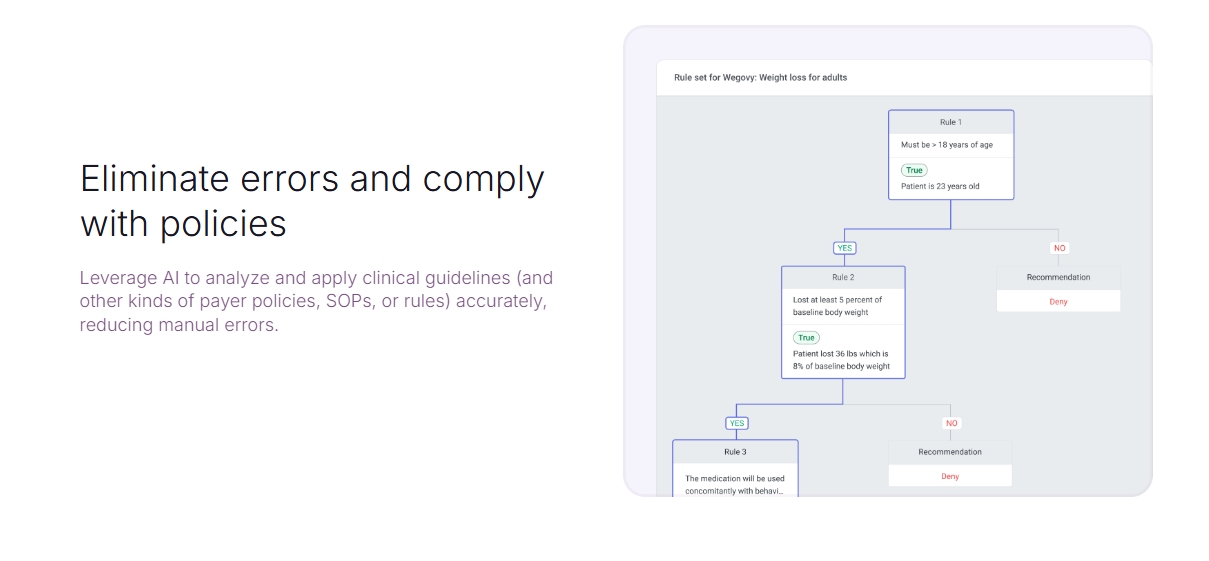Ascertain AI Is Building the Infrastructure Healthcare Forgot and Solving the Problem Everyone Feels but No One Sees
 Visit Ascertain.com
Visit Ascertain.com
The AI Supporting Hospitals Behind the Scenes
Ascertain is not a flashy company, but it is an important one. They are building AI tools to handle the admin load that quietly slows down healthcare. Their technology helps automate clinical paperwork, compliance tasks, and documentation that take time away from care.
This article highlights how infrastructure-first AI like Ascertain can ease real pressure on case managers, hospitals, and providers by working inside the system where the pain actually lives.
Ascertain: The Quiet AI Startup Tackling Healthcare’s Real Bottleneck
In my years managing clinical operations, the biggest challenge was never the patients. It was everything wrapped around them. The intake forms, questionnaires, compliance audits. The endless hours spent documenting, chasing approvals, or fixing small administrative gaps that could delay care or trigger bottlenecks.
Every patient is different, yet the system forces providers into rigid templates that strip away flexibility. You see it in overbooked clinics and hospitals where highly trained staff are doing low-value tasks just to keep the machine running.
This is where Ascertain steps in, a company built to help the helpers.
Ascertain is building AI-powered agents that plug directly into hospital workflows. These agents are trained to handle complex but repetitive administrative tasks like preparing documentation for insurance approvals, extracting key data from electronic health records, or pre-filling forms based on contextual understanding of a patient’s case. The AI does not just scrape data. It interprets clinical context and helps generate the required administrative outputs, saving hours of manual work.
For example, a case manager dealing with five complex patients in a day might spend up to three hours doing background paperwork, documentation, and checklists. Ascertain’s tools step in to generate drafts, suggest missing elements, and ensure that everything is formatted correctly for payers or internal reviews. It is like giving every team member a silent, highly trained assistant that never tires and never forgets.
In my opinion, Healthcare may not need more dashboards. It needs less friction for the people doing the caring. Ascertain is not trying to replace EHR systems. It works alongside it, augmenting what is already there and quietly lifting the burden.
The company recently secured over 10 million dollars in Series A funding and is already deploying its AI into real hospital systems. Their focus is clear: give clinicians and case managers time back, reduce errors, and protect the human element of care.
Why am I looking so closely at emerging technologies like this?
Because I have been on the inside. I have watched what works and what breaks. I have seen incredible clinicians lose momentum because they are stuck in systems that do not move with them. And I have seen how just a small layer of technology, done right, can open up space to breathe, think, and care. I am building toward a future where those layers connect. ClaraWell™ is part of that goal. I believe that by studying what others are building, by really understanding the architecture of innovation, we can help shape a healthcare system that is finally as dynamic as the people it serves.
Take ADHD as a real-world example
It is one of the most common, yet misunderstood, conditions in modern clinics. The path from suspicion to diagnosis is long-often involving multiple assessments, referrals, and hours of paperwork. Clinicians spend valuable time filling out forms and writing justification letters, while patients wait months just to begin the process.
I’ve seen many patients with ADHD go through a two-year (or more) discovery process before they finally reach a specialist and begin the next stage of treatment, growth, and recovery. This delay is far too long and unnecessarily complex. It forces real people to navigate systems that work against the very conditions they are trying to heal from.
That disconnect is what led us to create ADHDRisk.com, a clean, ClaraWell-powered screener designed to help individuals reflect on their symptoms and prepare meaningful context before even walking into an appointment. It is not a diagnostic tool. It is a structured starting point that can reduce wasted time, shorten wait cycles, and give both patients and providers something more valuable to work from on day one.
This is the kind of problem we are trying to solve from the front. But solving healthcare’s burden requires more than just patient-facing tools. It also requires support behind the scenes.
This is why Ascertain matters
If health AI is going to succeed, it has to operate inside the constraints that actually exist. That means building tools that are compliant by design, that respect privacy from day one, and that work with—not around—the outdated infrastructure still running most clinics and hospitals.
Ascertain is doing exactly that. They are not trying to burn the system down. They are quietly threading AI into the cracks in ways that make adoption possible. That is where the real change begins.
I have stayed late countless times not to solve a clinical challenge, but to finish assessment summaries, rewrite follow-up letters, or reformat charts for compliance. That is what breaks people. Not the care itself, but the weight surrounding it. Ascertain is one of the first tools I have seen that truly tries to take that weight off.
The average physician now spends more than 16 minutes per patient just managing EHR tasks. Specialists? double or even triple that. Over the course of a ten-patient day, that adds up to nearly three hours lost to typing, formatting, and documentation—before any meaningful time is spent on care. Multiply that across weeks, months, and years, and it becomes clear why burnout is no longer a trend. It is a guarantee.
ClaraWell is building toward the same end, starting from the other side.
While Ascertain clears the path behind the curtain, ClaraWell guides people from the moment they begin asking, “What is going on with my health?” and continues with them through every step of their lifelong health journey. It helps users reach clarity before they ever set foot in a clinic, and empowers them to stay informed, reflective, and engaged over time.
ClaraWell will support clinicians too. By giving patients clearer insights earlier, and reducing friction between data, decisions, and care, she will help providers move faster, safer, and more confidently. Less burnout. More time for what matters.
Ascertain might not be the kind of technology most people log into or hear about. But it is exactly the kind of system that will shape their care, reduce delays, and improve outcomes. Quietly, it will make a clear impact on the future of health—whether the patient knows it or not.
Ascertain is Future Healthcare.
Written by Eric Blum
Last revised: May 8th, 2025


